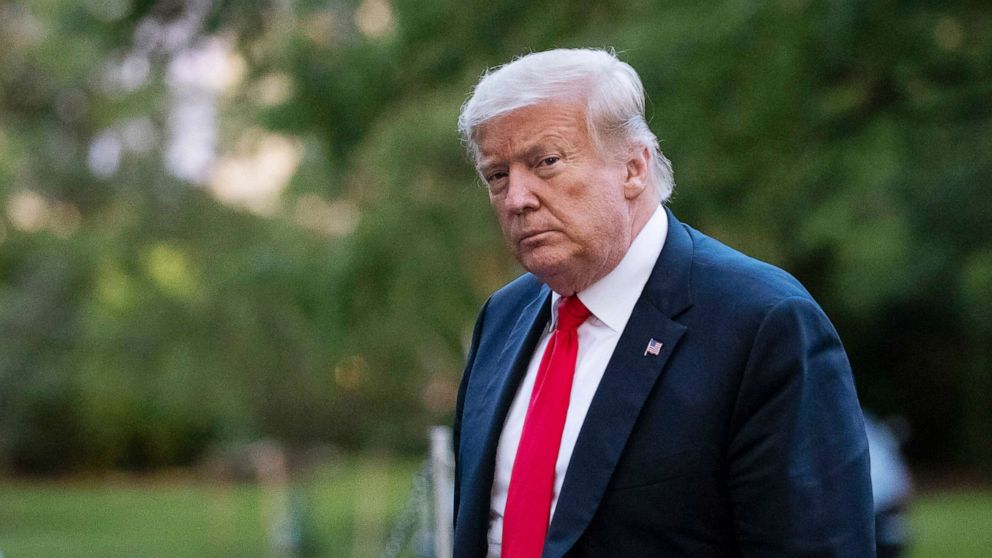Trump calls Russia bounty reports 'hoax' even as White House briefs intel on it
Even as the White House provided briefings this week to members of Congress on the intelligence behind reports Russia offered bounties to Taliban militants to kill U.S. troops, President Donald Trump on Wednesday tried to discredit them as "made up" and a "hoax" designed to "slander" him.
"The Russia Bounty story is just another made up by Fake News tale that is told only to damage me and the Republican Party," Trump tweeted Wednesday, going after The New York Times, which first reported on the intelligence on Friday and also reported that Trump had been briefed on it. "The secret source probably does not even exist, just like the story itself. If the discredited @nytimes has a source, reveal it. Just another HOAX!"
But just as Trump repeated the message in a second tweet -- saying it was "all a made up Fake News Media Hoax started to slander me & the Republican Party" -- top White House aides tried to argue that the president wasn’t actually calling the underlying intelligence “fake” but was instead taking issue with media reporting.
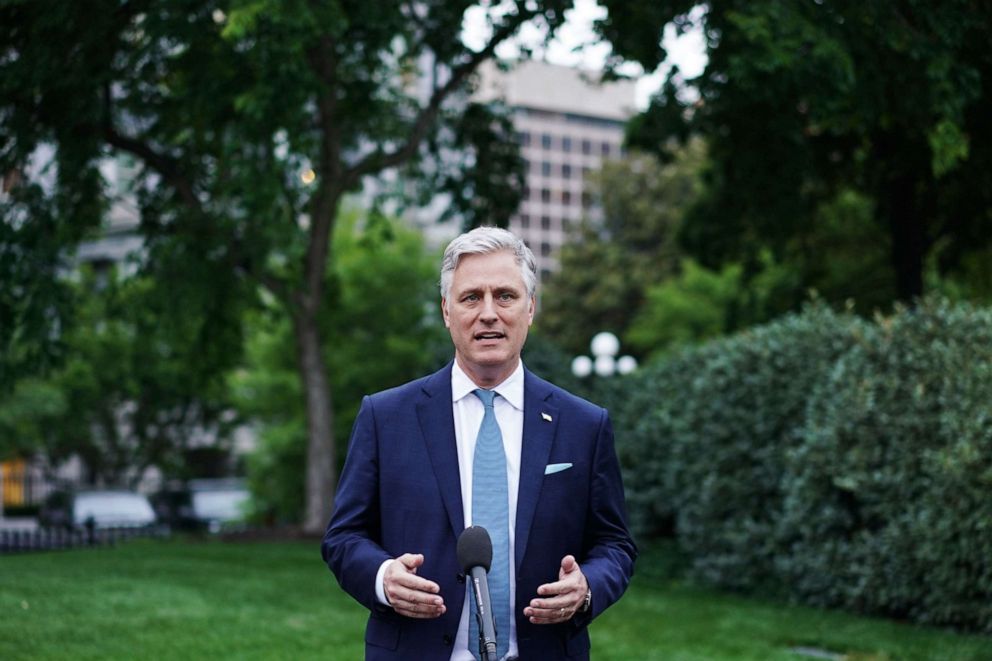
"I think what is a hoax is the initial reporting,” National Security Adviser Robert O'Brien told reporters at the White House Wednesday. "And I believe this was The New York Times -- that the president had been briefed about this unverified, uncorroborated intelligence, and chose not to take action on it. That was a hoax, and there's no question about it."
Trump first used the word "hoax" in connection to the new reporting on Sunday night, writing in a tweet it was "possibly another fabricated Russia Hoax."
White House counselor Kellyanne Conway said Wednesday she thought the “hoax” the president was referring to was the idea that “he was somehow briefed on it and didn't take action on it and looked the other way.”
Even as the White House sticks to its narrative that the intelligence never rose to the level to warrant a formal briefing of the president, O'Brien noted the U.S. had previously shared the information with other countries fighting in Afghanistan.
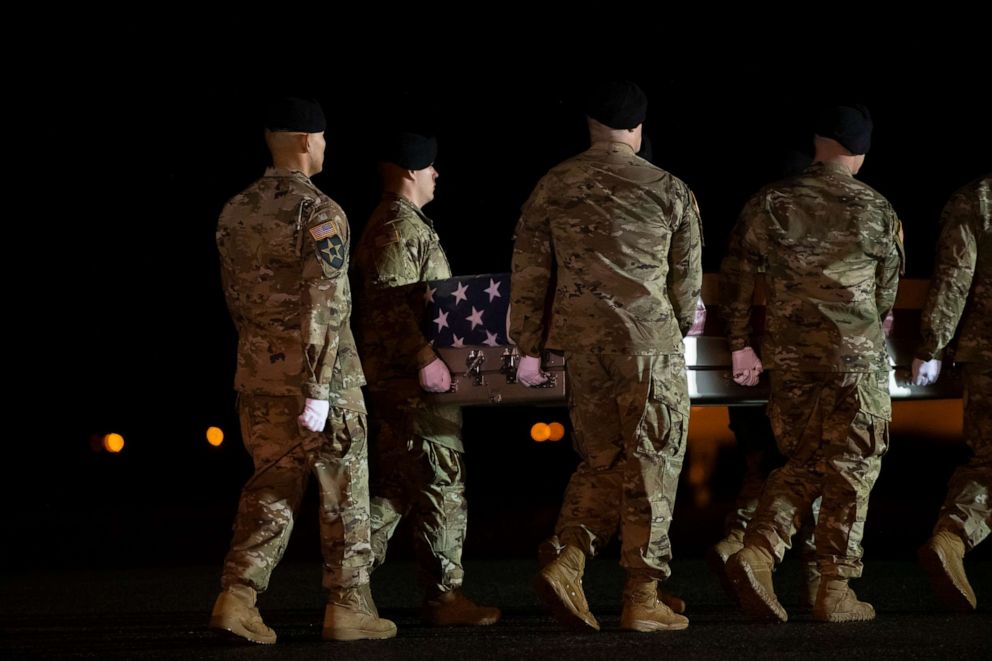
The White House has repeatedly said Trump was not briefed on the intelligence before The New York Times first reported on it, although top officials have been more vague about whether it had been included in the president's written briefing materials months ago. Multiple news outlets, citing unnamed sources, have reported that the intelligence had been included in the written materials, known as the President's Daily Brief.
The White House this week provided separate briefings for groups of select Republican and Democratic members of Congress but has so far not acceded to Democratic congressional leaders' request that all members of both the Senate and House of Representatives get briefed.
The first bipartisan briefing for the "Gang of Eight" -- a group of senior lawmakers from both parties that is regularly informed of sensitive intelligence -- is expected to take place on Thursday on Capitol Hill, according to a White House official and a senior aide to House Speaker Nancy Pelosi. The meeting had previously been expected for Wednesday.
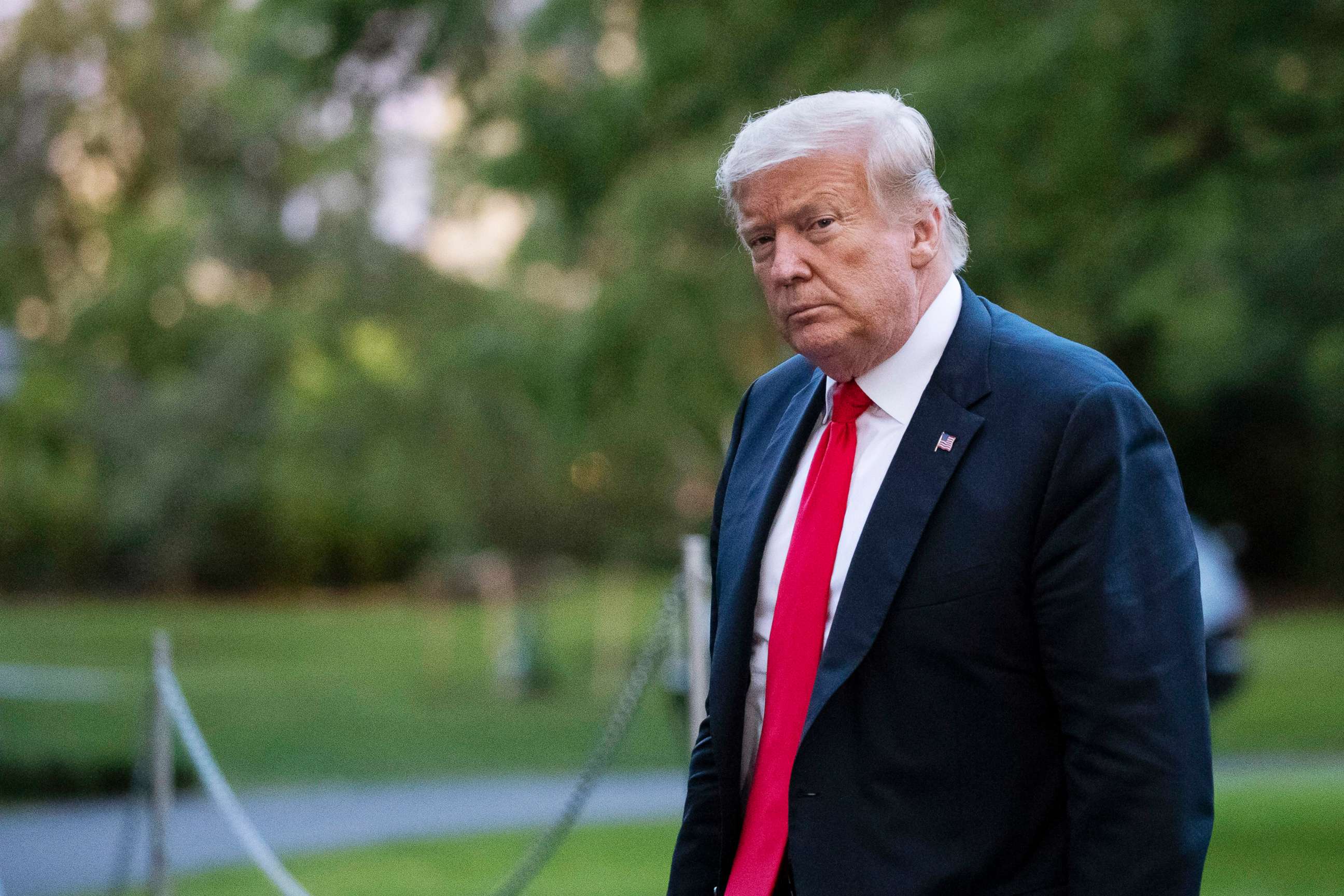
Secretary of State Mike Pompeo on Wednesday attacked lawmakers expressing outrage now, saying they had previously seen the same intelligence, although he did not clarify about exactly whom or when he was referring.
"They saw the same intelligence that we saw, so it would be interesting to ask them what they did when they saw whatever intelligence it is they're referring to," Pompeo told reporters. "They would have had access to this information as well -- not just the intelligence committees, by the way, even more broadly than that."
Pompeo and other Trump administration officials have forcefully defended the president's approach to Russia, as a bipartisan chorus of members of Congress have expressed concern that Russia's actions may have potentially cost U.S. lives.
"The president has been consistently aware of the challenges that Russia presents to us, and he is aware of the risk in Afghanistan," Pompeo said.
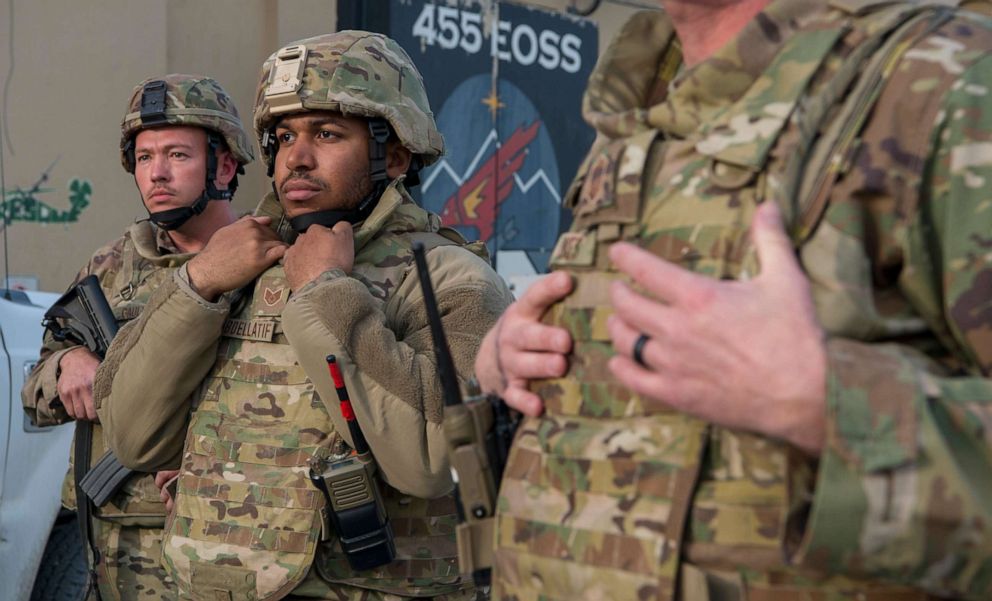
The criticism has forced the White House to rush to contain the political fallout of the revelations. Democrats, sometimes joined by those on the other side of the aisle, have long alleged Trump has not responded forcefully enough to Russia's provocative behavior.
In the four days since the first report on the intelligence, Trump avoided questions and did not appear publicly. He did not have any public appearances on his schedule on Wednesday either, although he planned to be interviewed by the Fox Business network.
The White House has faced mounting questions Tuesday about how much and how long Trump has known about the alleged Russian bounties. Lawmakers called on the administration to share more information and potentially take action.
ABC News' Conor Finnegan contributed reporting.
